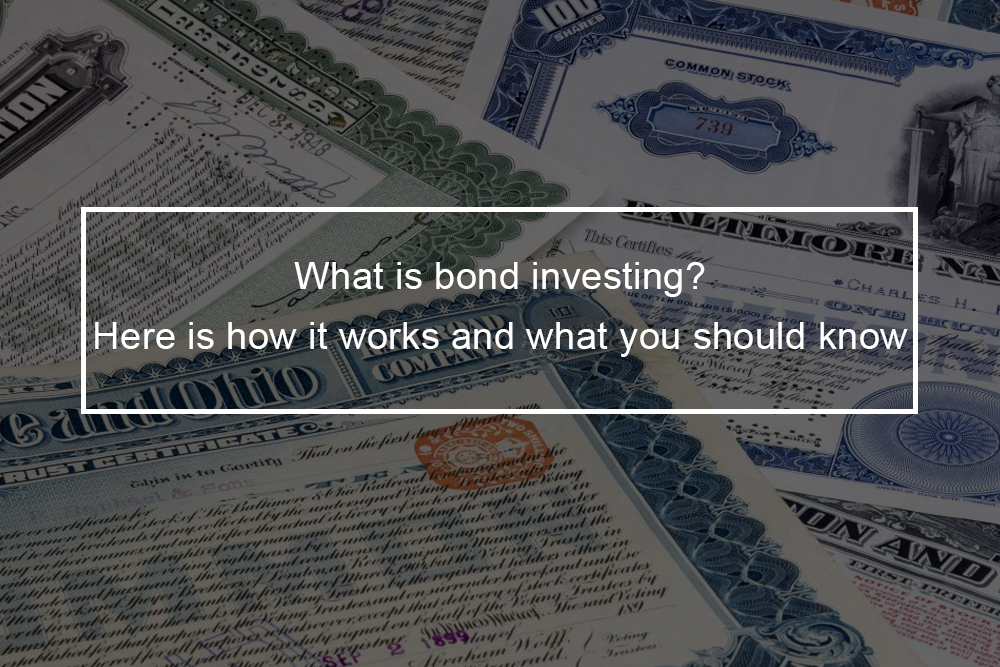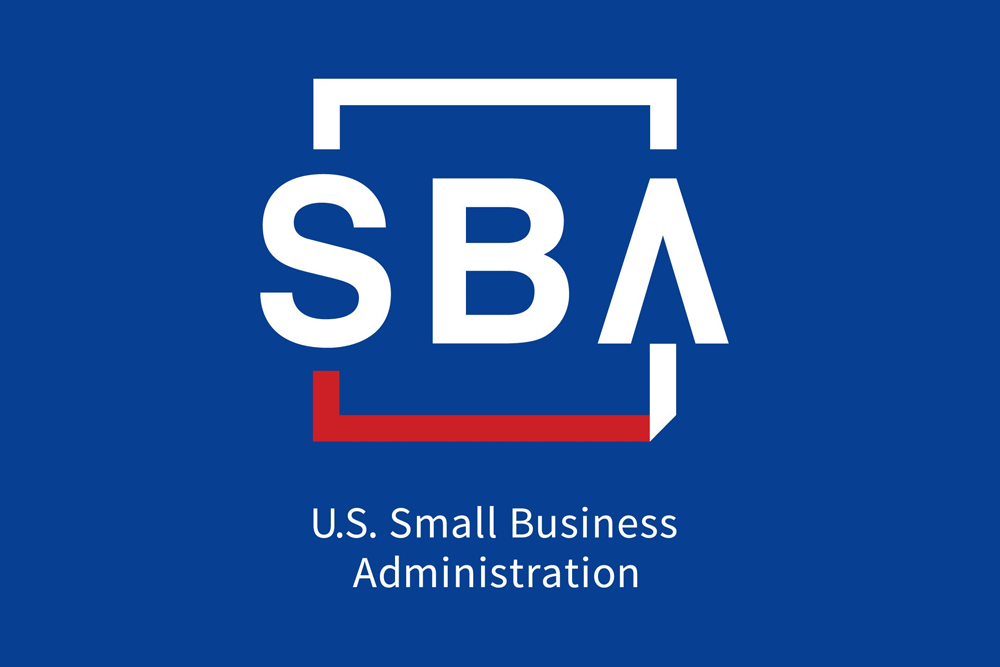
Typically any financial adviser will tell you a portfolio is strongest when it is diversified. This means investing in more than just stocks- by investing in bonds as well. Bonds are inherently low-risk investment alternatives; however, they also do not have the high potential earnings of stock. Instead, they offer a balance against high-risk stocks.
What is a bond investment, and how does it work?
Bonds are a form for an organization to raise money. For instance, your town asks you for a specific investment of money. In exchange, your city promises to pay back that investment and interest over a particular period.
So you can buy a ten year, $10,000 bond paying 3-percent. Your city, in exchange, will promise to pay you interest on that $10,000 every six months, and then return your $10,000 after ten years.
Generally, the issuer of the bonds makes interest payments along the way, twice a year. The only exception is zero-coupon bonds, which do not pay interest until the maturity date. This makes them famous investments for newborns with the idea that they will mature in time for college tuition.
How can you make money from bonds?
Generally, there are two methods to make money by investing in bonds. The first method is by holding those bonds until their maturity date and collect interest payments on them. The bond interest will be paid twice a year. The second way is to make a profit from bonds by selling them at a price that is higher than what you pay initially.
For instance, if you purchase $10,000 worth of bonds at face value, this means you paid $10,000 and later sell them for $11,000 when their market value increases, you can make a profit of $1,000.
The price of bonds rises for two main reasons. If the borrower’s credit risk profile is enhanced so that it has a high chance of repaying the bond at maturity, then the bond’s price will rise. Moreover, if prevailing interest rates on newly issued bonds reduce, then the value of an existing bond at higher rate increases.
How to invest in bonds?
What type of bond funds should I invest in?
Bonds funds take money from various investors and pool it all together for a fund manager to control. Often this means the fund manager uses the money to purchase a wide assortment of individual bonds. Typically, Investing in bond funds is even safer than owning individual bonds.
Types of bonds
Generally, there are three main types of bonds to understand as a beginner: corporate bonds, municipal bonds, and treasury.
Municipal bonds
Municipal bonds are released by states, cities, and other local municipalities to fund projects such as renovating parks or building new roads.
This is why municipal bonds are a double win: They are an investment in your long-term financial portfolio; however, as a citizen, you enjoy the rewards of your investment by using the services of your city and state daily.
Even better interest on municipal bonds is exempt from federal taxes. When you buy municipal bonds in your state, the interest is also exempt from local taxes and state. The shortcoming of municipal bonds is that they pay lower interest rates than the other rates.
Treasury bonds
Also known as T-bonds, Uncle Sam issues treasury bonds. The federal government entirely backs them, and they generally last at least ten years. They are tax-free at the state and local levels; however, you will still pay federal taxes on them.
The best part of treasury bonds is that it is virtually risk-free unless the United States government goes under. And if that were to happen, you would possibly have bigger things to worry about. Typically, treasury bonds yield similar interest rates as comparable municipal bonds.
Corporate bonds
Typically, corporate bonds are the riskiest of the three bonds, although bonds are low-risk overall.
Unlike municipal and treasury bonds, corporate bonds are issued by companies. Buying a company bond is different from buying stock, which gives you partial ownership in that company, while with corporate bonds, you are lending company funds for particular projects. The greatest draw of corporate bonds is that they pay out the highest interest rate of the main categories of bonds.
How to buy bonds?
Contrary to stocks, most bonds are not traded publicly; however, instead of trading over the counter, you must use a broker. However, treasury bonds are an exception; you can purchase those directly from the United States government without going via a middleman.
The challenge with this system is that, since bond transactions do not happen in a centralized location, investors have a harder time knowing if they are getting a fair price. For example, a broker might sell a particular bond at a premium (above its face value). Luckily, FINRA (Financial Industry Regulatory Authority) regulated the bond market to some extent by posting transaction prices as that data became accessible.
What are the benefits of investing in bonds?
Investing in bonds generates several vital benefits:
- Safety: All investments come with risk; however, it is very unlikely that the issuer of a government or high-quality corporate bond will default. Nonetheless, if they do, you lose out on that investment. Since the stock market can be so volatile, bonds can balance the high risk of stock investment.
- Income: Bonds provide some regularity to your income stream since you can typically count on interest payments twice a year. This makes budgeting somehow simpler.
- Community: Municipal bonds especially are appealing since they give you a sense of bettering your community. The same applies to treasury bonds, just on a larger scale. Even corporate bonds can help you invest in a purpose if you are passionate about a particular brand or product.
- Diversification: This is maybe the biggest benefit of investing in bonds. Over the long run, stocks have outshined bonds, but having a combination of both reduces your financial risk.
- Easy to manage: If you do not use a financial adviser, investing in the stock market can be difficult. When do you purchase, and when do you sell? With bonds, you can earn income by purchasing once and allowing the bonds to mature- even though some investors do sell their bonds before they mature at a profit.
What are the drawbacks of investing in bonds?
Bonds are not without shortcomings
- Less cash: Bonds are great in terms of stability in your portfolio and balance out high-risk stocks—nonetheless, the lower the risk, the lower the reward. Compared to stocks, the growth of bonds is minimal. According to CNN money, big stocks have had average annual returns of 10% since 1926. In contrast, large government bonds earned average yearly returns of five-percent to six-percent over the same period.
- Interest rate risk: Since bonds are a comparatively long-term investment, you will face the risk of interest rate changes. For instance, if you purchase a ten-year bond paying three percent interest and a month later, that same issuer provides a bond at four percent interest, then your bond drops in value. If you hold it, you will lose out on potential earnings by getting stuck with that lower rate.
- Your funds are tied up: When you buy bonds, you generally need to be committed to investing for the long haul. With savings accounts, you can access your funds when you need it, and stocks can be bought and traded as you see fit. On the other hand, bonds require you to wait until they mature to get the full rewards of the investment.
Should I invest in bonds?
You are the only person who can give you the answer to that question. Consider the following cases. If you are the risk-averse kind who indeed can not bear the thought of losing money, bonds may be a more suitable investment for you as opposed to stocks.
If you are heavily invested in stocks, bonds are an excellent way to diversify your portfolio and protect yourself from market volatility. If you are almost retiring or already retired, you might not have the time to ride out stock market downturns, in which situation bonds are a safer place to invest your money.
Typically, most people are advised to shift away from stocks and into bonds as they get older, and this is not bad advice, provided you do not make the mistake of dumping your stocks entirely in retirement.









